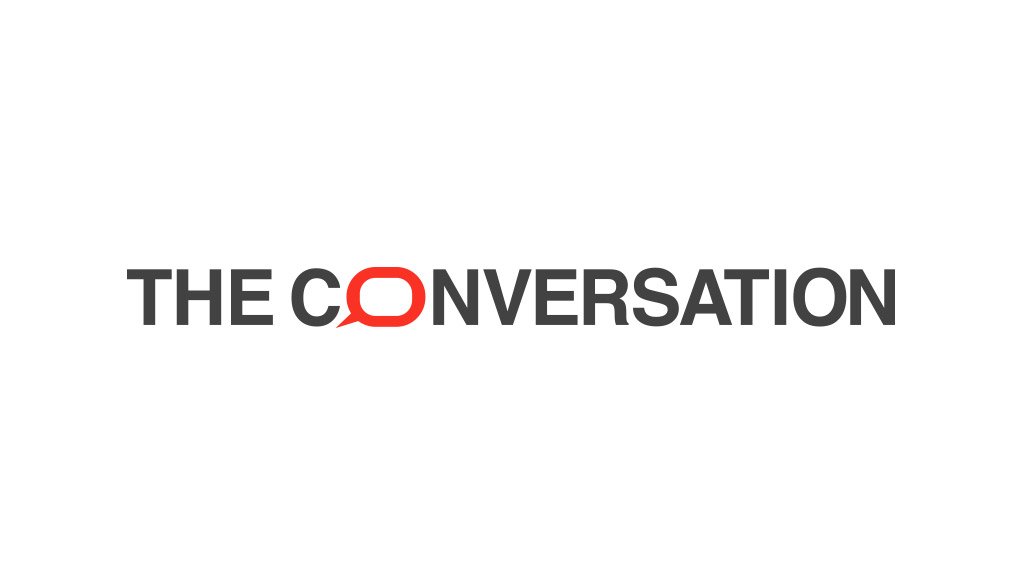![]() The formation of the BRICS – the bloc made of Brazil, Russia, India, China and South Africa – was supposed to be the harbinger for a new approach to global economic governance. The leading emerging markets and developing countries were becoming major players in the global economy. And they expected to play a commensurate governance role.
The formation of the BRICS – the bloc made of Brazil, Russia, India, China and South Africa – was supposed to be the harbinger for a new approach to global economic governance. The leading emerging markets and developing countries were becoming major players in the global economy. And they expected to play a commensurate governance role.
BRICS leaders have now been meeting annually for nine years. They recently met for the ninth BRICS Summit in Xiamen, China. They have positioned themselves as a force for transforming global economic governance so that it’s more responsive to the concerns of developing economies. They are seeking a more just and equitable global economy.
The question is: how effective have they been in reforming global economic governance and the fairness of the global economy?
The honest answer is that as a group, BRICS hasn’t been an effective force at all. This is for a number of reasons.
What’s not happened
The following examples illustrate the point.
At least formally the G20, which consists of 20 major economies including the five in BRICs, has supplanted the G7, made up of Canada, France, Germany, Italy, Japan, the UK and the US, as the premier forum for global economic governance. But the agenda in these meetings is still largely set by the most powerful countries which now include China but not the other BRICS.
The IMF and World Bank have both changed their voting arrangements to give a louder voice to developing economies and emerging economies. This has particularly benefited China, India and Brazil. But BRICS hasn’t supported South Africa’s call for a third African seat on the board of the IMF. This has left Africa as the most underrepresented region on the board.
BRICS countries, together with other G20 developing countries, have become more active participants in organisations responsible for developing international financial regulatory standards. This means that they now can participate in the writing of standards that guide the international financial system. But the system continues to be more responsive to the interests of the rich and powerful than those of the developing world.
New international financial institutions have been created, including the BRICS’ New Development Bank and the Contingent Reserve Arrangement, which provides financial support for BRICS countries experiencing balance of payments problems. Unfortunately, the New Development Bank operates in a less transparent and less accountable way than other multilateral development banks. For example, it’s harder for outsiders to access information on the operational policies and practices of the bank than those of the World Bank or the African Development Bank. Unlike those other banks, there isn’t yet a mechanism to hold the New Development Bank accountable if it causes harm.
The New Development Bank also risks repeating the tragic mistakes of these other institutions, which for many years concentrated only on economic issues in their operational decision making. Following a number of scandals they began to pay more attention to the social, human rights and environmental impact of their operations.
Members of the New Development Bank seem to share this concern. The BRICS leaders have reiterated their commitment to achieving
sustainable development in its three dimensions - economic, social and environmental- in a balanced and integrated manner.
But it’s hard to see how they expect the bank to meet this commitment if it continues to place more emphasis on speed in project implementation than on identifying and managing the adverse environmental, human rights and social effects of its projects. To fulfil their commitment to promote a more just and equitable global economy the BRICS will need to up their game.
How to fix the problem
Achieving a just and equitable international economic order requires governments to take seriously their commitment to protect and promote human rights as set out in the UN Charter and other human rights treaties.
The starting point is a commitment to respect and promote the rights of each individual affected by each project, programme or policy that governments undertake or support. This requires developing a good system to forecast the impact of a project on the environment, society as well as human rights. And to have a plan to manage them.
Another element is accountability. Any person adversely affected by a project should have access to a mechanism that can provide them with an effective remedy.
Finally, the relevant decision makers must be able to show how their proposed activity is using the maximum available human and financial resources to fulfil the human rights of all the people affected by their decisions. This suggests that the relevant decision makers bear the burden of explaining why the proposed allocations are the most feasible. This includes governments, international organisations as well as private parties.
There are reasons to think the BRICS leaders could be persuaded to adopt a human rights based approach to making global economic governance more democratic and responsive to the needs of developing countries and for a more just, equitable and sustainable global economy. They, and their colleagues in other developing countries, are governing societies with continuing, and some cases worsening poverty, inequality, unemployment and environmental degradation levels. And they don’t seem to have an effective strategy for meeting this challenge.
Written by Danny Bradlow, SARCHI Professor of International Development Law and African Economic Relations, University of Pretoria
This article was originally published on The Conversation. Read the original article.
EMAIL THIS ARTICLE SAVE THIS ARTICLE ARTICLE ENQUIRY
To subscribe email subscriptions@creamermedia.co.za or click here
To advertise email advertising@creamermedia.co.za or click here











